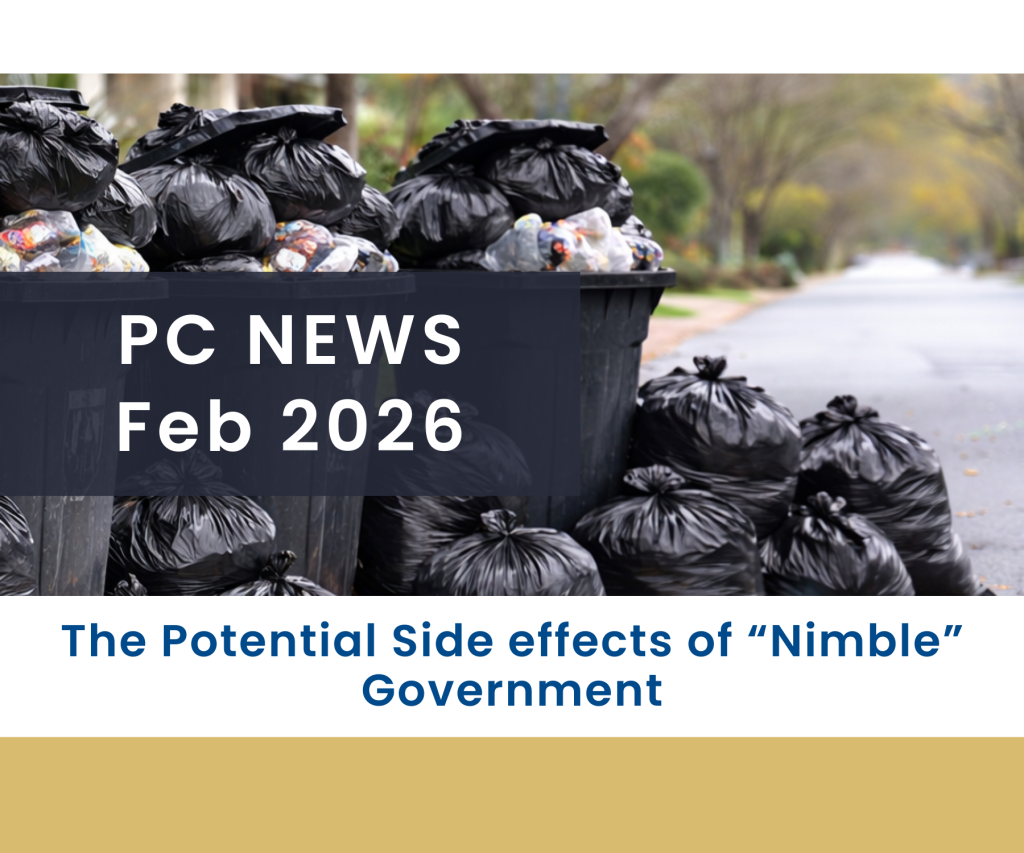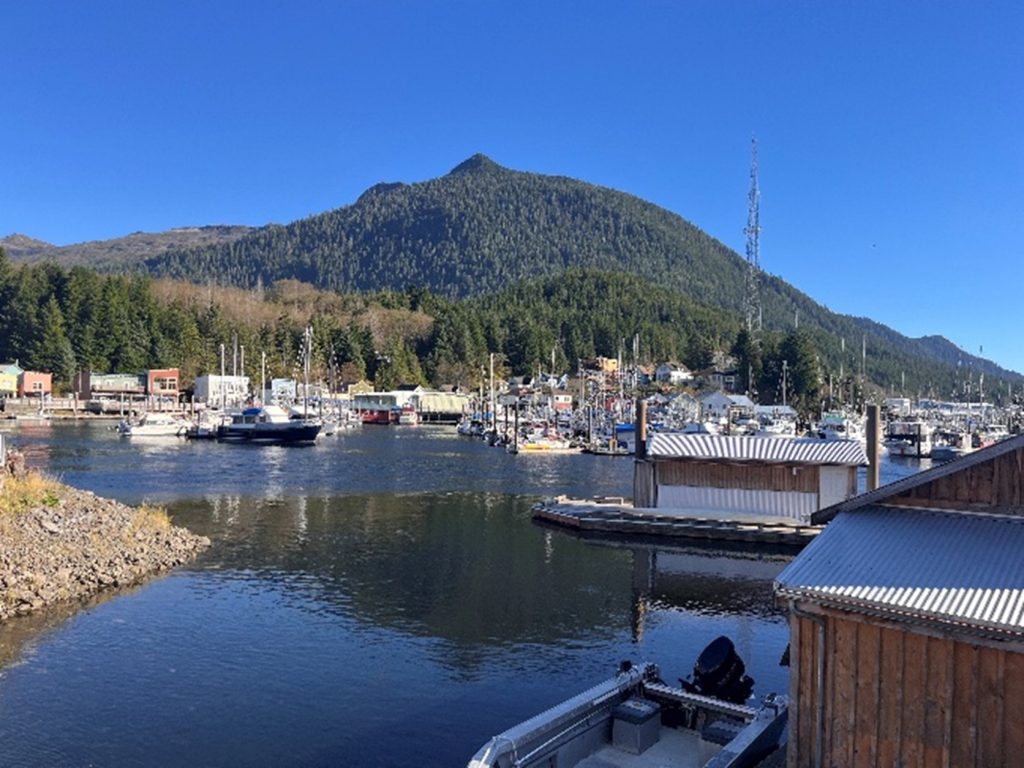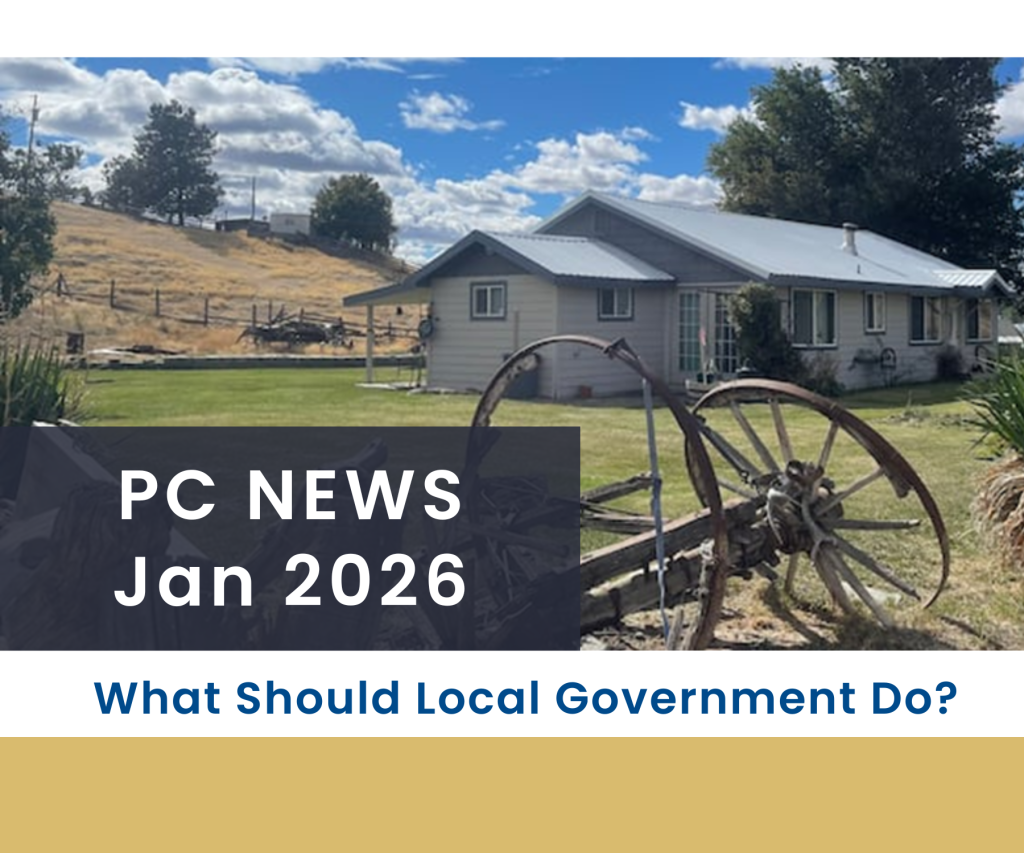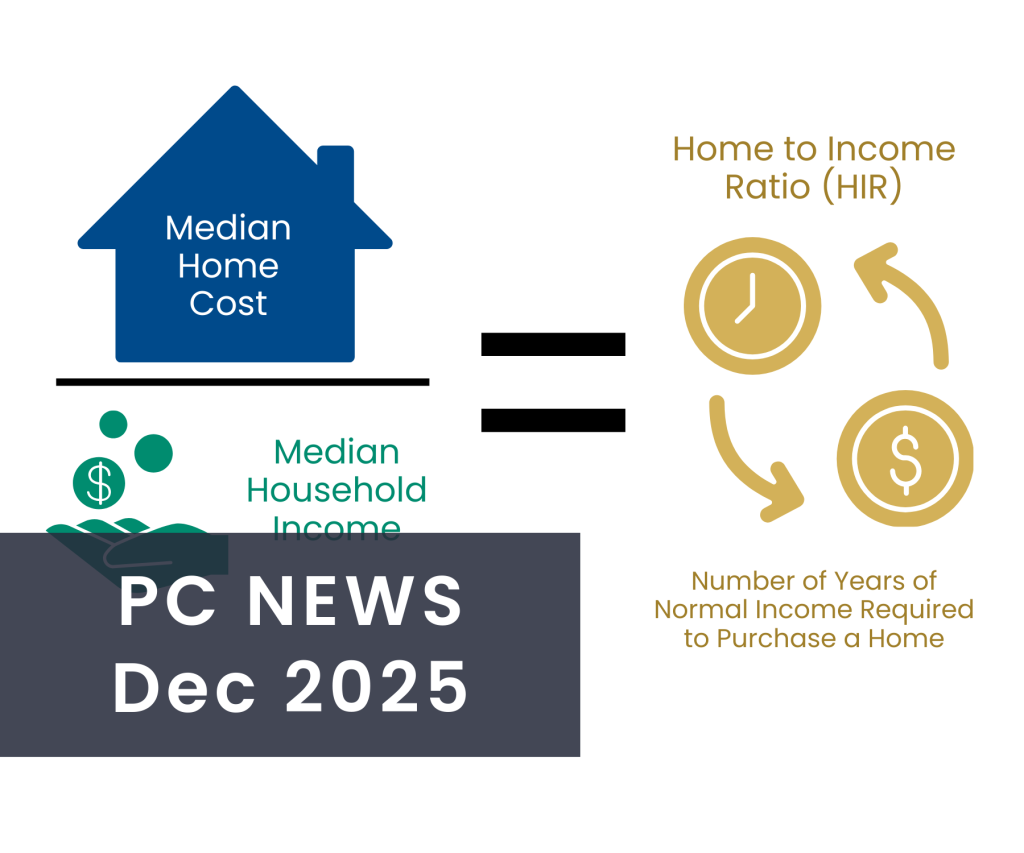
Feasibility: /ˌfēzəˈbilədē/ the state or degree of being easily or conveniently done
If this definition is true, one may wonder why you’ve never read a feasibility study that says “This will never work. Don’t do it!” If the concept is not feasible yet your consultant convinces you to go forward, you are facing some potentially serious consequences, most of them starting with the word “lost” — lost revenue, lost opportunities, lost reputation, lost jobs, etc. So, consider this article both word of warning to clients who are in the market for a feasibility study, and a rallying cry for my fellow consultants to always do honest work.
Getting back to the original question: Why are feasibility studies always positive? One of the most convenient answers is to assume the system is always rigged to say yes. But before we jump to that cynical conclusion (and we will come back to it), I posit that there are at least two other reasons for this.
Reason 1: Failure to Launch
There are cases where a client brings a grey area idea to the table, such that we cannot immediately determine if it is worth conducting a full study. There could be a variety of reasons — maybe the concept is good but the local market is marginal (or vice versa), or maybe the concept has proven true elsewhere but national or regional trends are moving in a different direction, etc. In these cases, a responsible consultant will recommend a mini-feasibility study (or a “scan”) to consider the fundamentals of the proposition.
The scan won’t tell you in black and white terms to “go” or “no go”, but much like the proverbial Magic 8 Ball, a preliminary scan can tell you a lot. Usually, such a scan can be both a fraction of the cost and timeline of the full feasibility study. It will leave plenty of work to be completed during the full study, such as the benefit/cost ratio, payback period, return on investment analysis, additional funding recommendations, etc. If it had all that, what would be the point of a full study, right?
This also gives the consultant the opportunity to politely tell the client, “outlook not so good” without building up expectations from partners, community members, and other onlookers.
Reason 2: It Depends
Oftentimes the answer for a feasibility study is not a simple “go” or “no go” but is dependent on certain conditions being met to ensure success. As consultants we often see a spark that would suggest success but, contrary to what Bruce Springsteen once said, a spark is never enough.
On this point, it is worth going back to the original definition of “feasibility”. Note that the terms state that the idea can be “easily or conveniently” done. There is a wide range of possibilities that can fit between those two adjectives. A consultant owes it to their clients to outline any and everything that could interfere with easy execution. These could be insurmountable factors, or they could be standard challenges that can be addressed through typical strategic business decisions (e.g. missional alignment, proper staffing, operating hours, market segmentation, etc.). All that considered, I would say that 95% of feasibility studies we’ve ever conducted are in the “it depends” realm.
Some of the most common factors that consultants will identify include: long-term funding reliability, leadership capability and experience, community support, and opportunity cost. This is where an ethical and upright consultant needs to be honest with their clients. If their client already has 25 ongoing projects (some of which are not going well), they have a new CEO, and a black eye in the community from the last time they tried something like this, the consulting must tell them “signs point to no” unless these conditions can be alleviated.

A “spark” may have been sufficient evidence for The Boss to start a fire but feasibility study analysts must have a higher bar.
The ”it depends” language is embedded in many feasibility studies, but it’s not going to be in bold print of the executive summary. You may find it in one slide or in a section called “market circumstances” or “conditions for success”.
Reason 3: The Books are Cooked (or) The Consultant is Incompetent
One last possibility is that, unfortunately, some feasibility studies are just plain bad. There could be multiple reasons for this, including:
1.
The client told the consultant what to say (i.e.: rubber stamping). I am especially wary of cases where there is a great big shiny carrot on the other side of the study. The client may say something like “the XYZ administration told us we needed to do a feasibility study before we get funding.” In which case the consultant could rightfully ask “and what would happen if the study says that this is not a feasible idea?” (I have done this and can attest to the weird looks you may get).
2.
The consultant has a vested interest in saying that it is a good idea. This often comes up when the consultant may have a long-term interest in project implementation (e.g. paychecks for the next 36 months regardless of success).
3.
The consultant just didn’t evaluate the situation clearly enough. This could be because the consultant did not understand the region or the market well enough (or both). To be fair to the consultant, it could also be because funds were too short to do a thorough study. As with everything, you get what you pay for.
I may be biased but this is why I think all feasibility studies need at least one economist on the team. Economists were the first to substantiate the concept of “opportunity cost”, which is to say life is all about tradeoffs. In opposition to this mindset, I have seen some consultants who seem to specialize in what Thomas Sowell has called “looking for solutions instead of tradeoffs.” I have at times called this the “rainbows and puppies for everyone” outlook. In short, it is very easy for an overly optimistic mindset to set in when considering future possibilities. Economists have the discipline to say “now, wait a minute.”
Conclusion
I may be biased but this is why I think all feasibility studies need at least one economist on the team. Economists were the first to substantiate the concept of “opportunity cost”, which is to say life is all about tradeoffs. In opposition to this mindset, I have seen some consultants who seem to specialize in what Thomas Sowell has called “looking for solutions instead of tradeoffs.” I have at times called this the “rainbows and puppies for everyone” outlook. In short, it is very easy for an overly optimistic mindset to set in when considering future possibilities. Economists have the discipline to say “now, wait a minute.”
Have you ever had a situation when you said “no go”? Explain the conditions behind the project.
What do you need to know about our organization to give us an accurate assessment? (including our staff, history, finances, etc.)
What are some of the factors that are likely to make this concept fail?
If you find that things are not looking positive for this concept, how will you explain that to us?
PC News
New & ongoing Projects
NEW! Rifle Housing Needs Assessment Community Engagement, Town of Rifle (CO)
Chelan Comprehensive Plan Updates and Land Capacity Analysis, City of Chelan (WA) & Anchor QEA
2025 Rhode Island State of Manufacturing Report, Polaris MEP (RI) & Cross Sector Consulting
FFA Strategic Plan Environmental Scan, National FFA Organization & Schunk Moreland Strategies
Fruita Housing Needs Study & Action Plan, City of Fruita (CO)
Ridgway & Ouray County Housing Needs Assessment, Town of Ridgway and Ouray County (CO)
Kalispell Parks, Recreation & Open Space, Town of Kalispell (MT) & MTLA
Port of Coos Bay Strategic Business Plan, Port of Coos Bay (OR)
Firestone Central Park Feasibility Study, Town of Firestone (CO)
Ketchikan Indian Community Comprehensive Economic Development Strategy (CEDS), Ketchikan Indian Community (AK)
City of Cheney Comprehensive Plan, City of Cheney Planning Department (WA) & Nexus Planning Services
Douglas County Comprehensive Plan Update, Douglas County (WA) & Anchor QEA
Places We've Been This Month
We spent some time in Alaska and Washington this month!
City of Ketchikan, AK
Brian & Dylan were in Ketchikan, AK assisting the Ketchikan Indian Community on a CEDS. Weather could not have been better for gorgeous views like these. We also got to attend the Great Alaskan Lumberjack Show (which we recommend if ever visiting Alaska’s “First City”)

City of Boise, ID
Brian was in Boise for a few days in conversations with a few business partners. While there, he enjoyed a pint at 10 Barrell Brewing in downtown.

City of Spokane Valley, WA
Carson attended the meeting for the Inland Northwest Partners (INP) for a session dedicated to the current economic environment in Idaho and Washington. The U.S. Presenters from Lightcast, the Idaho Department of Labor, Avista Utilities, and the Federal Reserve Bank of San Francisco explained macro trends impacting the economy today. The conference covered a broad range of topics from AI’s impact on skills to the softening of the labor market.
City of Wenatchee, WA
As we wrap up the Housing Needs and Zoning Code update for Rifle, CO, we dropped by for a presentation of our key findings to the City.

Interesting Finds
Catawba Digital Economic Zone with Joseph McKinney– Jeffrey Mason
What makes people flourish? A new survey of more than 200,000 people across 22 countries looks for global patterns and local differences -Victor Counted, Byron R. Johnson, Tyler J. VanderWeele
Stop incentivizing surface parking lots -Greg Miller


